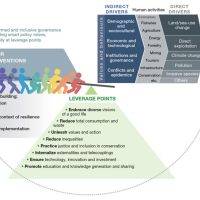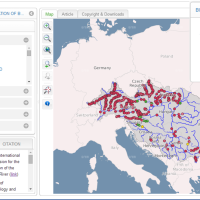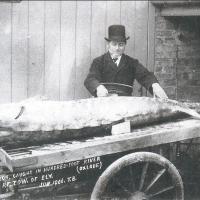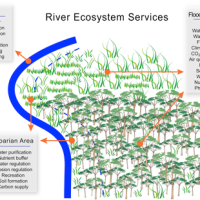Tweeting the Freshwater Glossary
It is largely agreed that the results of scientific research should be made available to public audiences in ways that are as clear and accessible as possible. This is a big challenge for scientists and science communicators. There are many convincing arguments that making scientific research available to the public – and particularly in engaging in dialogue about it – is a valuable step in fostering democratic and transparent political decision-making about big issues.
However, scientific research is often structured and carried out using key terms and phrases that aren’t regularly used in most of our daily lives. This can sometimes make it difficult to understand (and even communicate) why and how scientific research is undertaken and the outcomes it might have for public and political life.
This is why the Freshwater Glossary has been established on the Freshwater Information Platform website. The Freshwater Glossary collects a large set of key terms and phrases that underpin freshwater science, and gives short descriptions of what they mean.
Collected from a number of previous European Union projects, the Glossary is designed to help anyone – whether an interested layperson, student, researcher or policy maker – get to grips with some of the most important terms and concepts in freshwater science.
Over the coming weeks, we’ll be sharing the Freshwater Glossary through our Twitter account @freshwaterblog. We encourage you to follow us on Twitter (if you’re not signed up, there’s a large and vibrant community of water professionals, managers, researchers and policy makers on the site, making it potentially very rewarding) and to share the Glossary tweets if you’re so inclined.
Similarly, if there are any key terms or phrases that you feel are missing from the Glossary, then please leave a comment here or email info@freshwaterplatform.eu















